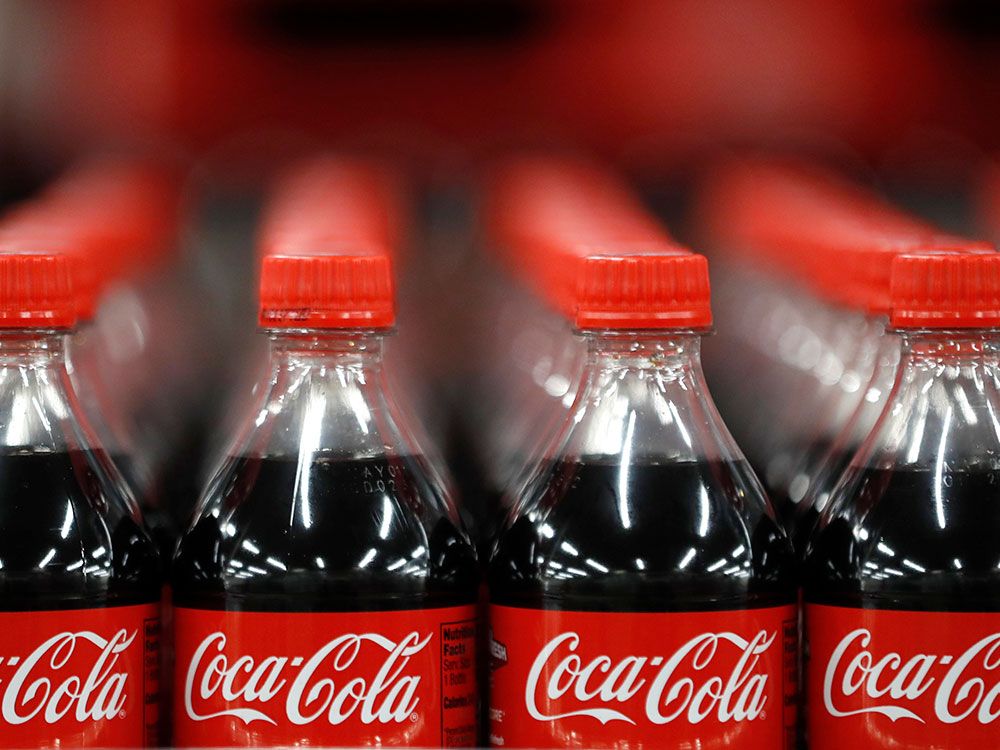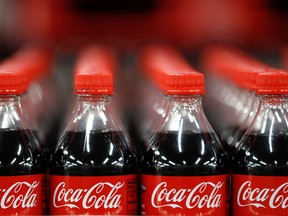
We need more accurate numbers to see if carbon offsets that airlines and others offer are legitimate

Article content
By Alex Bishop
Advertisement 2
Article content
On a flight recently, I had the opportunity to purchase some carbon credits. I always thought there was something fishy about my flight from Toronto to Vancouver spewing thousands of tons of emissions and being able to “offset” those emissions by spending $12. I’m sure I am not the only one. According to an EU Commission report, 85 per cent of offset projects under the Kyoto Protocol’s Clean Development Mechanism (CDM) fail to reduce emissions.
Article content
A big reason for this? Carbon emissions are incorrectly recorded or calculated — if they are recorded or calculated at all.
You would hope that when you buy a plane ticket or a product from the grocery store that all the emissions for that product would be able to be quantified. That rarely is the case.
Advertisement 3
Article content
Emissions are classified under different “scopes.” Let’s consider The Coca-Cola Co. It is a producer, distributor and marketer of non-alcoholic beverages. Coca-Cola says a 1-litre bottle produces approximately 350g of C02. These emissions classified under Scope 1 include the amount of Greenhouse Gasses (GHG) produced by onsite manufacturing, onsite transportation and operations to make the Coca-Cola product.
Scope 2 includes all the utilities for Coke’s plants. Coca-Cola internal reporting states that 69 per cent of its emissions are in Scope 1, and 31 per cent of its emissions are in Scope 2. That sounds reasonable, except Coca-Cola’s — like most companies, including airlines — calculations fail to consider all of the GHG emissions. The majority of these emissions are in Scope 3.
Advertisement 4
Article content
Scope 3 includes purchased goods and services, fuel- and energy-related activities for transportation and distribution of products, waste generated in operations, business travel, employee commuting, leased assets, processing of sold products (in the case of Coca-Cola, this includes the bottles), use of sold products, end-of-life treatment of sold products (most of Coca-Cola’s products are not recycled), and more.
A recent report from HowGood, an independent research company that has assembled the world’s largest database on food and personal care sustainability, shows that 87 per cent of all food companies’ GHG emissions are in the Scope 3 category. For Coca-Cola, this could mean that their true CO2 emissions per litre would be approximately 2600 g, not 350 g.
Advertisement 5
Article content
So, better data is vital. Stephan Nicoleau of FullCycle, an investment firm focused on scaling climate technologies and infrastructure, says “without good data and understanding of the conditions on the ground, we will continue to encounter the risk of greenwashing and dislocation between ground truth and market instruments that have the potential to play an additive role in pricing carbon and its sequestration.”
Emerging regulations in the United States and Europe, such as those proposed by the Securities Exchange Commission (SEC), could force companies to report on their Scope 3 emissions. In a 2022 letter to the regulators, the TSX and TSX Venture both support a phased in approach to reporting. They also are asking the regulators to accommodate smaller companies and support an exemption for shell companies.
Advertisement 6
Article content
According to James Boskovic many corporations do not understand emissions reporting and often leave out Scope 3. “We have been speaking to corporate decision makers who have said that ensuring accurate data is vital for their decision making and Carbon Reduction. They really want to have a clear understanding of Scope 3 emissions.”
-
![The Bank of Canada building in Ottawa.]()
Peter Hall: Why the Bank of Canada’s awful medicine is exactly what the economy needs
-
![Statistics Canada reports that only 18 per cent of Canadian businesses suffered cyber attacks when the real number could be closer to five times greater, according to the CyberEdge Group.]()
Jad Saliba: Cybercrime is bigger in Canada than we know — and that’s the problem
Mike Kelland, chief executive of Planetary Technologies, a company that draws carbon out of the air and stores it in the sea, says, “When we ignore Scope 3 by saying ‘I have no control of this,’ we are not doing our part. If we really truly want to make a difference in terms of climate change, we can’t shrug our shoulders.”
Advertisement 7
Article content
Having accurate information on each company’s actual emissions will enable individual consumers and investors to make better decisions. Do I want to buy from a company that is polluting more or less? Do I want to invest in a company that isn’t accurately reporting its activities?
So, the issue isn’t whether we need reporting on GHG emissions; it’s that we need more accurate numbers to see if these carbon offsets that airlines and others offer are legitimate. By including all emissions, consumers and investors will be able to make decisions. And if companies don’t voluntarily adopt strong and transparent reporting standards, you can bet government regulators will force their hand.
Alex Bishop is a partner at Concierge Group.
Advertisement
Stay connected with us on social media platform for instant update click here to join our Twitter, & Facebook
We are now on Telegram. Click here to join our channel (@TechiUpdate) and stay updated with the latest Technology headlines.
For all the latest Business News Click Here
For the latest news and updates, follow us on Google News.



